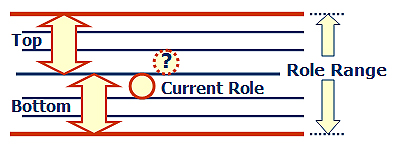Many of you asked to receive a copy of my planning template for this year. It is a simple template based on a gap analysis.
- Where would you like to go?
- Where are you now?
- What’s the gap in between? (Resources, milestones and obstacles)
I am working with several people preparing their plans for management team meetings, peer executive groups and 1-1 meetings, so I get to see what people actually put to paper.
One element strikes me as critical, the role of habits.
It is one thing to work on each goal as a project, with a discrete start and finish, very results oriented. But the real power in your ability to create lasting impact over time is in the creation of a habit. A habit is a grooved, routine behavior, often below consciousness that continuously moves us toward the goal.
All behavior is goal oriented. We think we create our own success. We do not. We only create our own habits, and it is our habits that determine our success. -Tom
You should be able to download the planning template here. 2017 Planning Template
